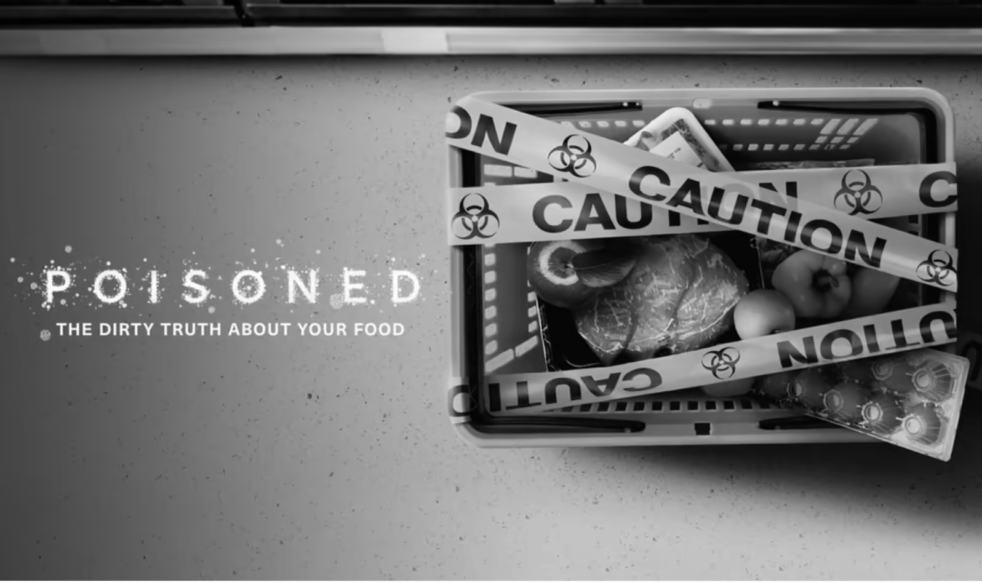In early August, Netflix premiered “Poisoned: The Dirty Truth About Your Food” by award-winning filmmaker Stephanie Soechtig. Soechtig’s previous works examined various societal issues and the effect customer-facing industries had on these problems. These included pollution originating from the bottled water industry and the utilization of perfluorooctanoic acid (PFOA) in kitchenware.
In “Poisoned,” Soechtig examines the factors behind the deadly foodborne outbreaks in the United States. For anyone without a cooking thermometer, this documentary is a must watch.
The documentary is introduced with a montage of clips featuring politicians, government officials and state authorities declaring that “we have the safest food supply in the world.” However, the entire documentary serves as a direct contradiction to this claim, offering the perspective of consumer victims who have endured various national foodborne disease outbreaks.
The most fascinating and heart-wrenching example mentioned within the documentary was the story of Dr. Darin Detwiler. As a Navy submarine veteran turned professor, he began teaching food safety after the tragic loss of his son during the Jack in the Box E. Coli outbreak in 1993. He is one of the two primary interviewers guiding the storyline, accompanied by Bill Marler, a foodborne illness lawyer with 30 years of experience. The consumer-side interviews serve as a reminder that issues within the food chain have serious consequences on people’s lives. Meanwhile, many food producers see their products simply as commodities.
The interviewing style throughout the documentary is very straightforward, yet it contributes significantly to the film’s success. There are numerous interviewees, including officials from the U.S. Department of Agriculture (USDA) and the Food and Drug Administration (FDA), who could not provide satisfactory answers to some of the critical questions asked. Their silence depicts the grim reality of how massive the gaps are between the laws governing food sanitation from production to the kitchen.
The audience would be surprised to learn that nowadays, most E. coli outbreaks stem from leafy greens rather than meat — another example highlighting the gaps in food safety. This happens because most animal farms are next to where leafy greens grow. Animal waste from livestock mixes with irrigation water
farmers use on the greens. Yet, despite there being 15 federal agencies tasked with food safety regulation, nobody tests the irrigation water. Nobody can enforce proper land use codes. Nobody prevents the preventable E. coli outbreaks.
One key difference between “Poisoned” and some other Netflix documentaries is that, after displaying the grim realities, “Poisoned” offers some action items for the audience. The goal is not to scare the audience by using conspiracies or questionable claims. The documentary makers made sure to keep their claims accountable. For example, after they interviewed Perdue Farm’s Senior Vice President (VP) of Food Safety, they independently conducted experiments to test Perdue eggs for salmonella using the VP’s own suggested sample size.
“Poisoned” is crafted to be respectful of viewers’ time, delivering its messages without extra length. It is non-accusatory, but insistent on getting answers, given that every year 48 million Americans still get sick from
foodborne diseases.
